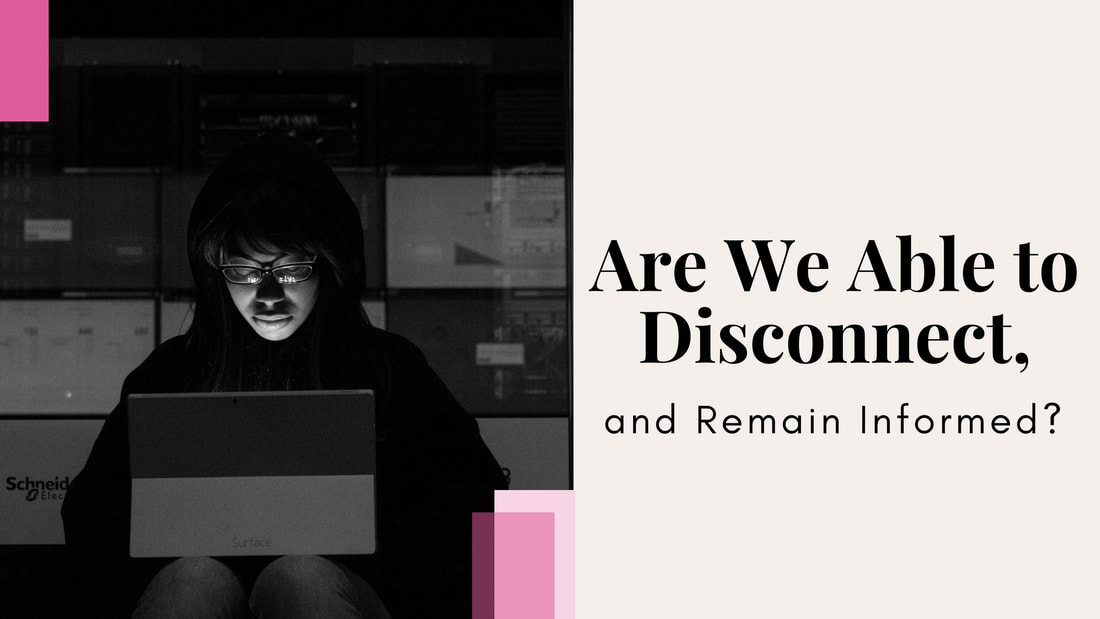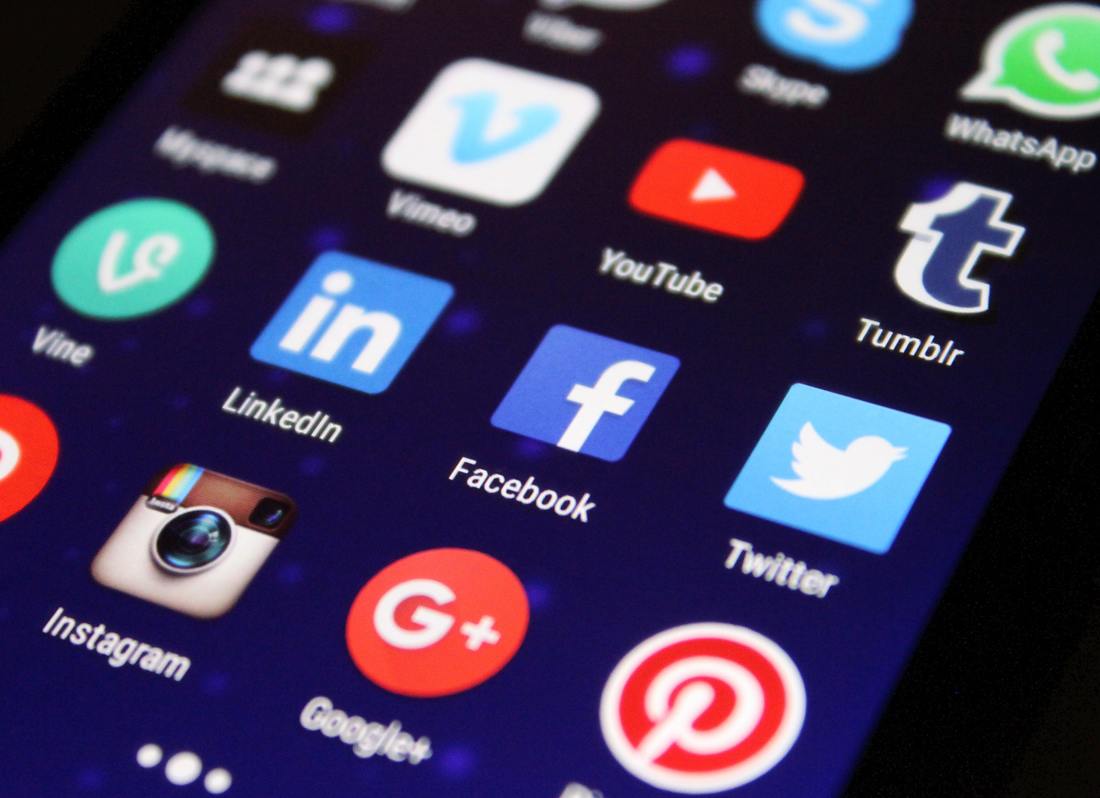|
In the years following a tragic world event, be it a natural disaster, or the unfortunately common mass shooting, we look back and remember where we were, and what we were doing upon hearing the news. Almost a year ago, I remember exactly what I was doing when I learned about the horrific mass shooting during a Las Vegas music festival that took 58 innocent lives -- I was browsing through Instagram. Only a few months ago, I discovered that someone had driven a van through group of unsuspecting people enjoying a summer afternoon in Toronto, while I scrolled aimlessly on Facebook. Like most people my age, my day-to-day is usually not without some time spent scrolling through social media. Before I am out of bed, I’ve caught up on all the latest news in my friend groups and beyond. However, every time I pick up my phone, there is a realization that news of another terrible incident is inevitable. Despite not being directly involved (and thankfully so), watching and reading the heartbreaking accounts of those who were still hits just as hard. And when these occurrences take place what feels like every other day, our mental and emotional wellbeing is more than likely impacted as a result. We live in a time where staying connected with friends and loved ones also comes with the risk of being overwhelmed with news about horrific tragedies and injustices, I find myself asking – are we allowed, or even, is it safe -- to disconnect? According to a recent study conducted by Pew Research Center, more than nine-in-ten Millennials (92%) own smartphones. Further, 85% of Millennials say they use social media, using apps such as such as Instagram (52%) and Snapchat (47%) more often than those of older generations. Naturally, the more frequent and varied our social media habits are, the easier it is for us to access information surrounding a news event. All it takes is a quick swipe up to refresh, and your timeline is flooded with the latest updates. Although navigating how to prioritize these platforms can be tricky, there is no doubt that having this constant cycle of news and information is beneficial. Kanisha Derman, a 24-year-old banking professional from Toronto, agrees. “I believe it is useful because I use social media sites more than I read the newspaper, or watch the news,” she says. “News is transferred rapidly all around the world with one post, or even a ‘like’ or ‘comment’ allows the news to spread faster across different platforms. There are pages which could have thousands or even millions of followers, and each piece of article, photo, or video posted reaches all followers, and not to mention can also be shared to other users with just a tap or click of a button.” This flow of shared of information could very literally save lives. If there is an emergency situation, it is a lot more efficient to spread awareness through platforms like Twitter and Instagram. With social media sharing playing a crucial role in our safety as citizens, are we actually putting ourselves in more distress by choosing to prioritize our mental health? While I did not come across any studies that look into this specifically, it is an interesting question that I hope will be researched and discussed in depth. One thing we do know for certain is that social media is not going away anytime soon; a fact that is especially true as we advance further into the digital age. It is on us to recognize our own feelings and attitudes when it comes to social media use in times of tragedy. For now, perhaps there are ways in which we can go ‘offline’, without completely disconnecting. Recently, I found that making my mental health a priority actually depends on logging off of all social media for a few minutes each day. Doing so allows me to step back, and validate every emotion in the wake of a tragedy– grief, anger, confusion, and sadness – away from a screen. Written By Ashleen Grange
0 Comments
Leave a Reply. |
Archives
May 2022
|


 RSS Feed
RSS Feed